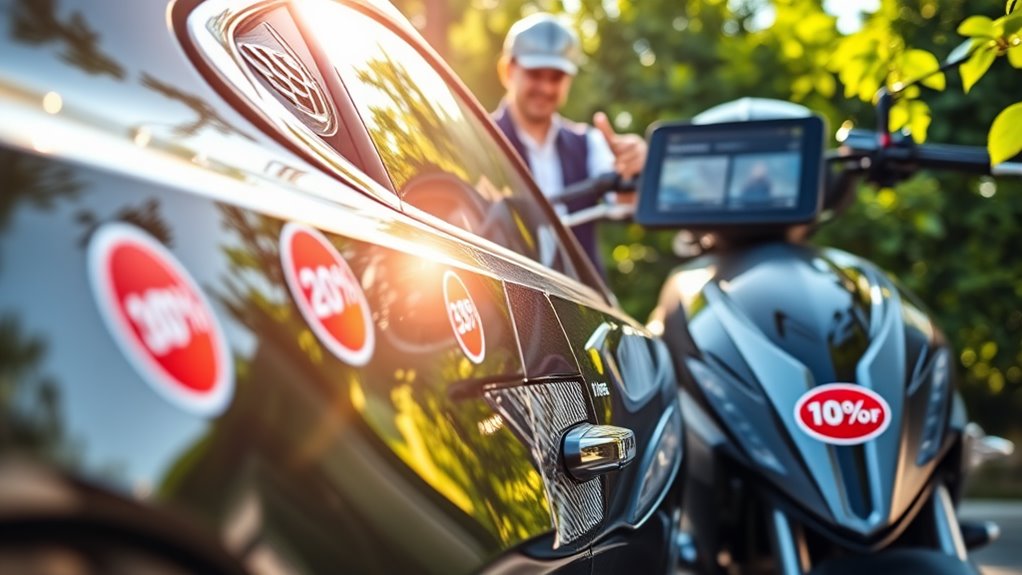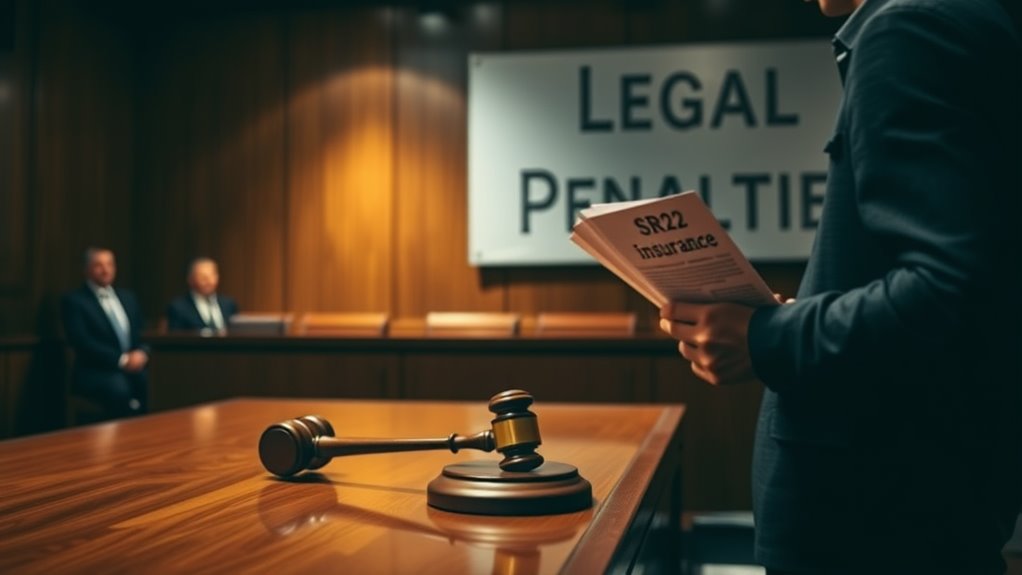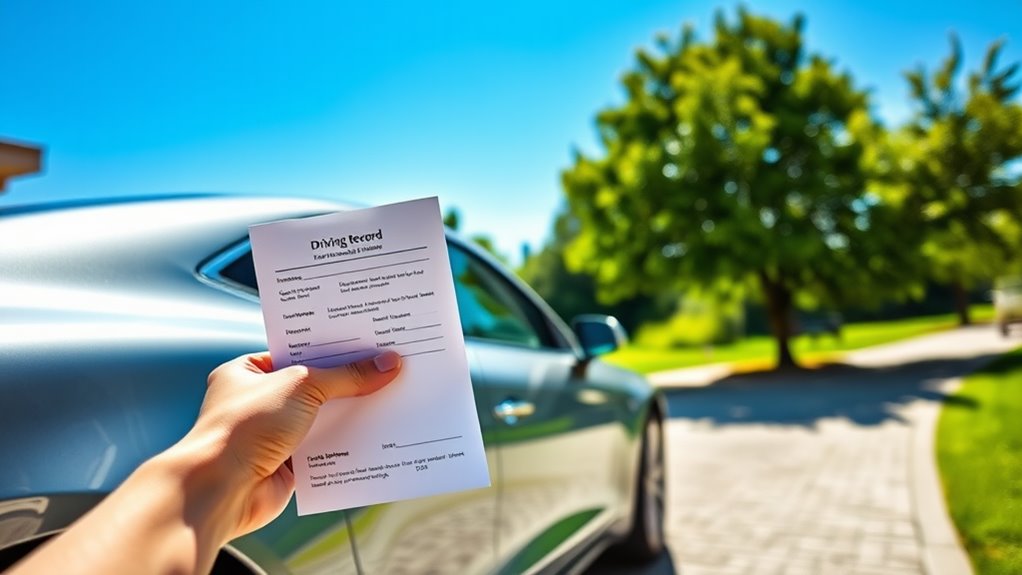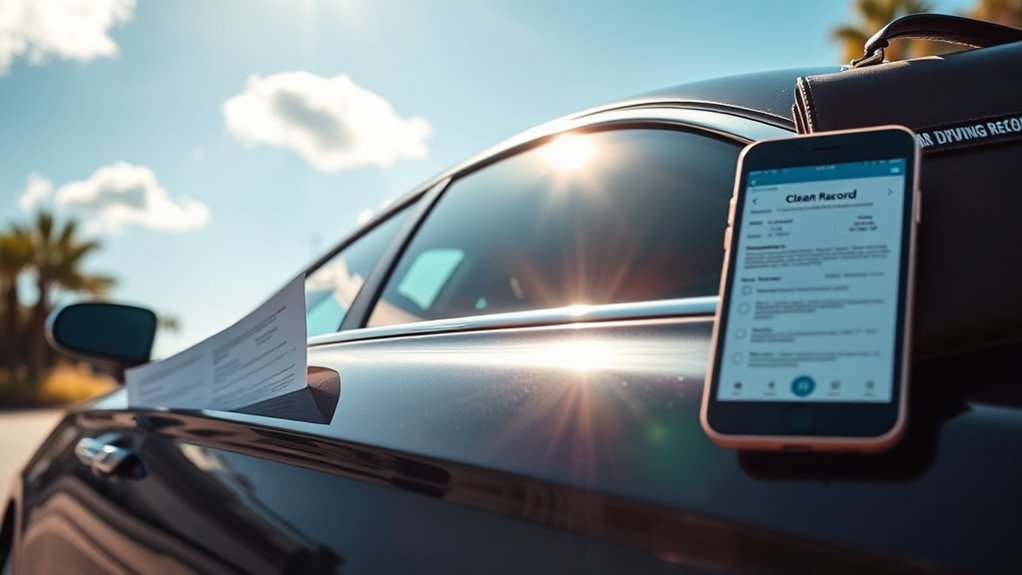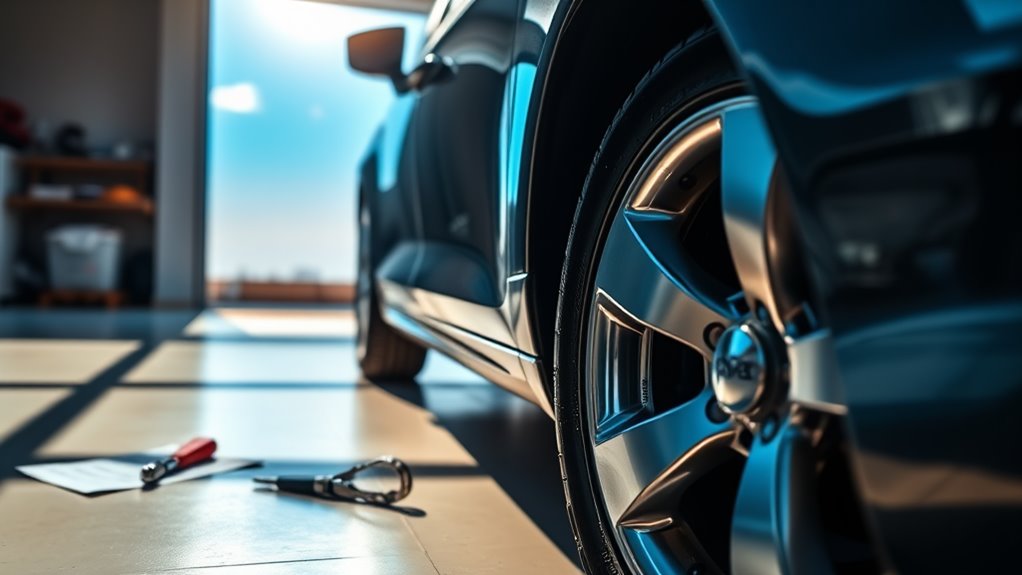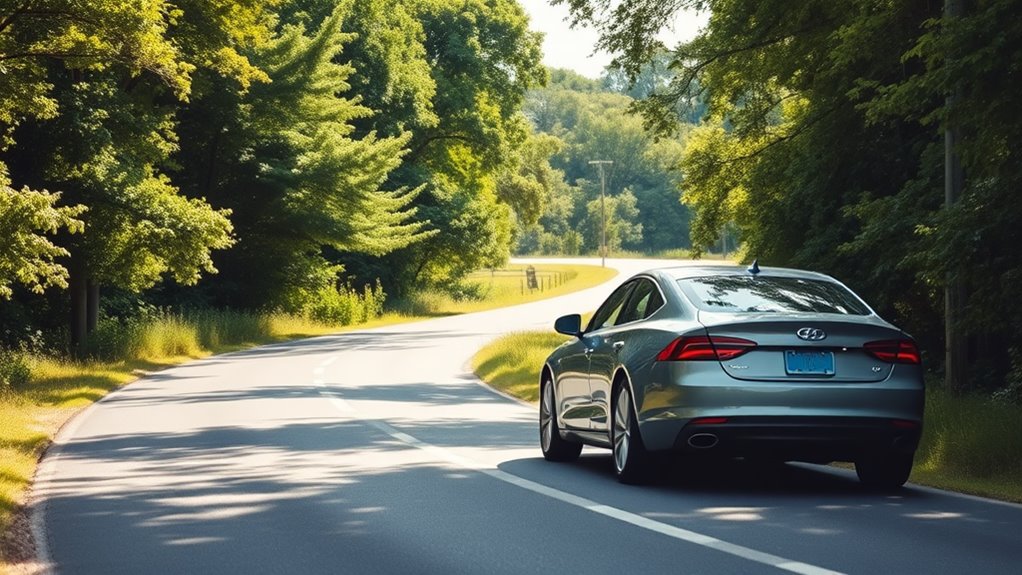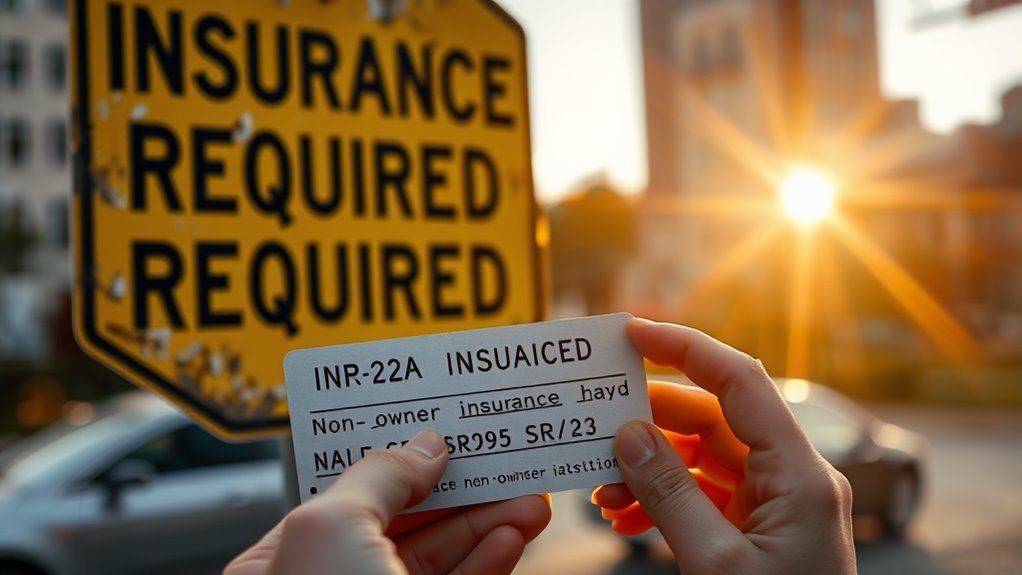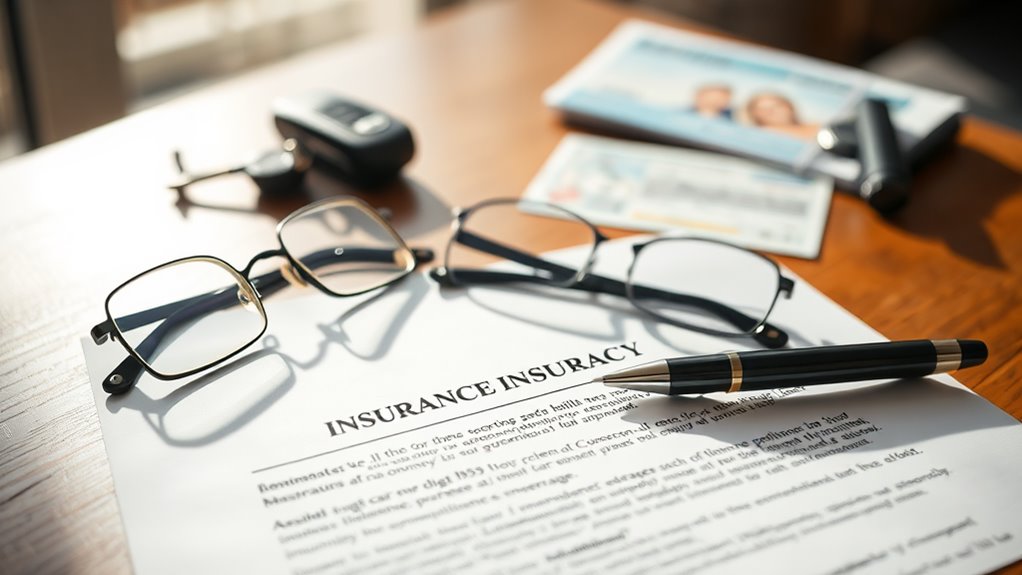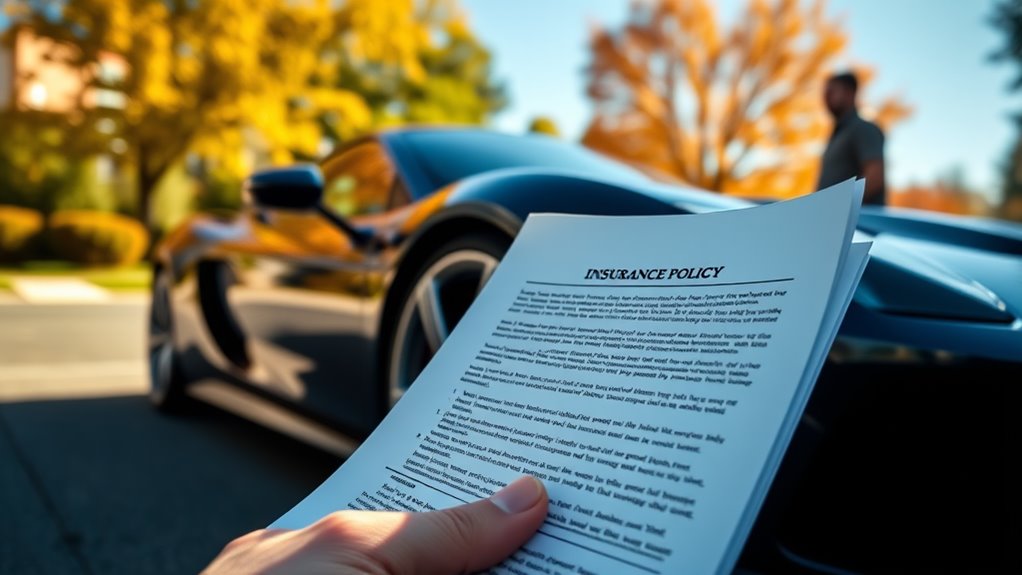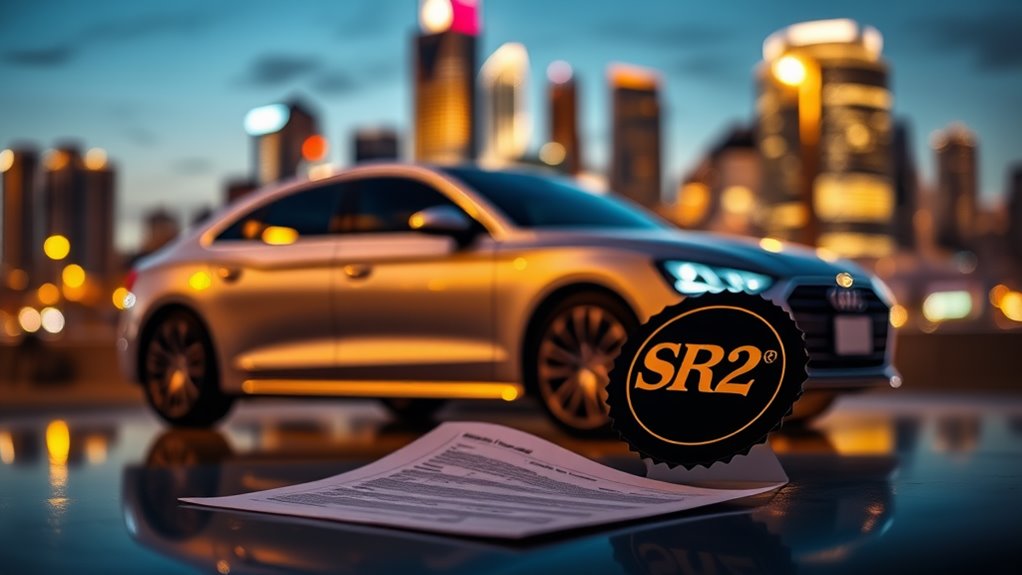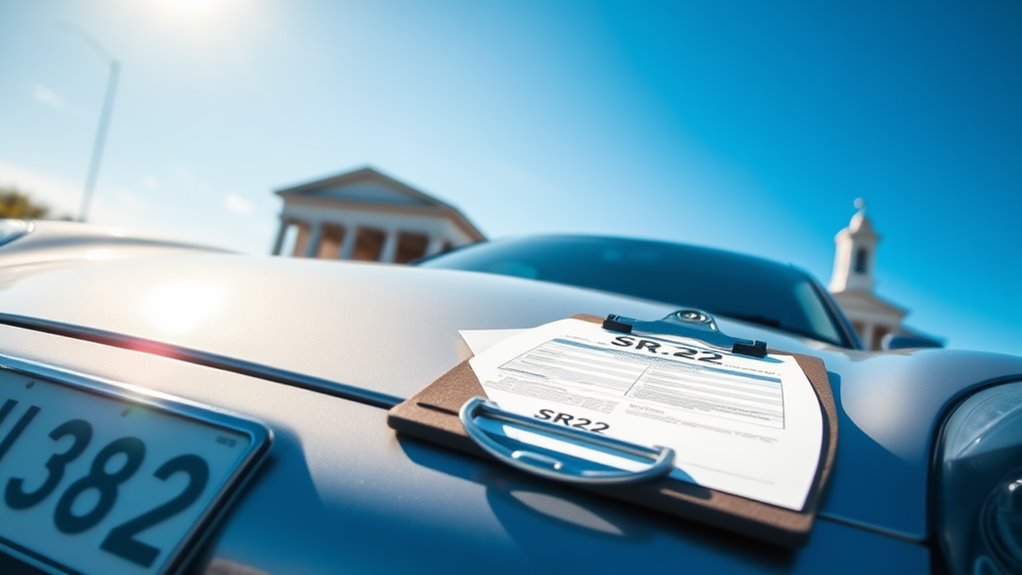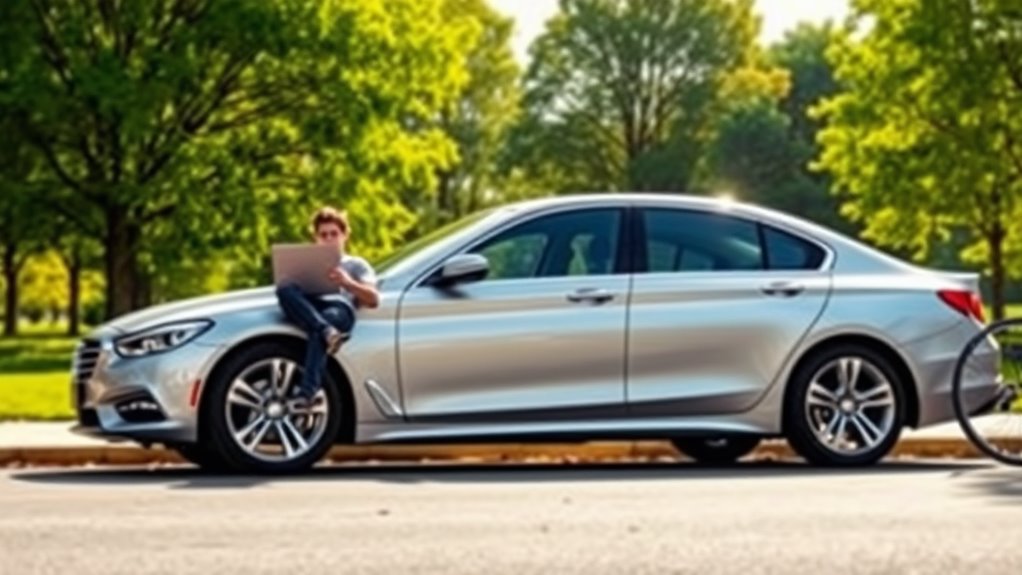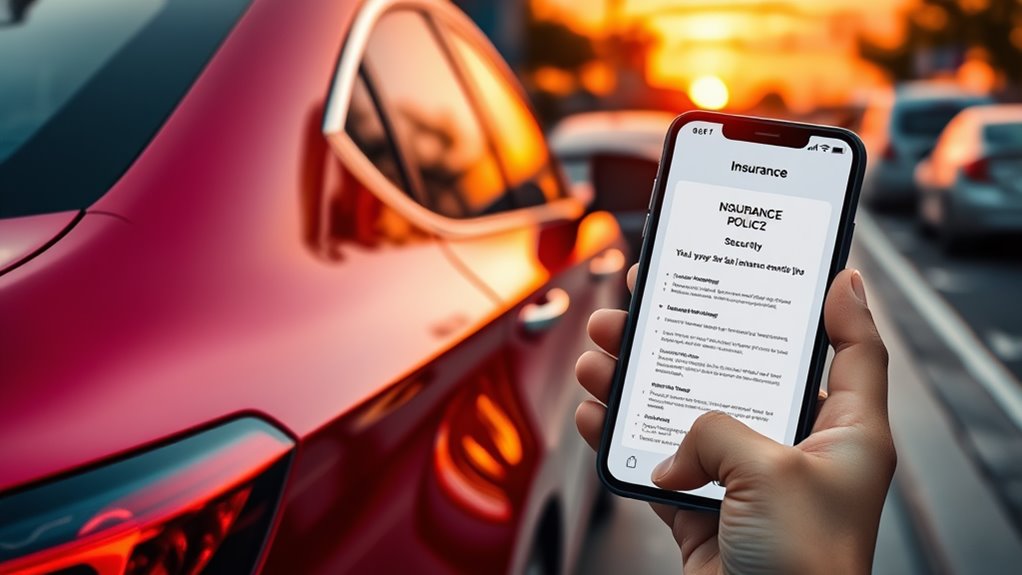5 Best Insights on SR22 Insurance and Credit Scores
When it comes to SR-22 insurance, understanding its connection to your credit score is essential. High-risk drivers often face higher premiums, and your credit history can greatly influence these rates. By analyzing how insurers assess credit, you can uncover strategies to improve your financial standing. If you're looking for ways to reduce costs while meeting legal requirements, there are several insights worth considering that could lead to substantial savings.
Key Takeaways
- SR-22 is a certificate proving financial responsibility, crucial for high-risk drivers after serious violations like DUIs.
- Insurers assess credit scores to determine SR-22 insurance premiums, with higher scores leading to lower rates.
- A lower credit score can significantly increase SR-22 insurance costs, making credit management essential for budgeting.
- Improving credit through timely payments and reducing debt can help lower SR-22 insurance premiums.
- Shopping around for quotes and bundling policies can also result in significant savings on SR-22 insurance costs.
The Importance of SR-22 Insurance for High-Risk Drivers
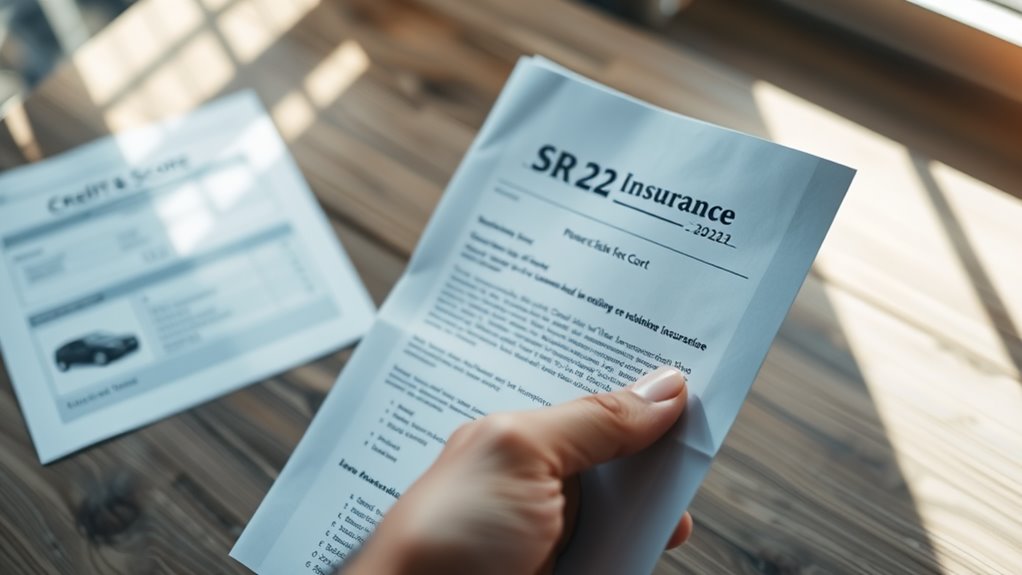
While maneuvering through the complexities of auto insurance, understanding the importance of SR-22 insurance for high-risk drivers is fundamental.
SR-22 isn't an insurance policy but a certificate proving your financial responsibility to state authorities, often required after severe violations like DUIs. This certification guarantees you meet state minimum liability coverage, essential for reinstating your driving privileges. If you're labeled a high-risk driver due to multiple offenses or driving without insurance, maintaining SR-22 compliance protects you from further penalties. Additionally, insurance providers must file this form directly with the DMV, and any lapse in coverage can lead to license suspension. To avoid unexpected consequences, be aware that the duration of SR-22 requirement typically lasts at least three years post-conviction, depending on state laws. Furthermore, many drivers seek affordable SR-22 insurance options to manage the financial burden associated with this requirement.
How Credit Scores Affect SR-22 Insurance Premiums
Drivers facing the challenges of SR-22 insurance must also consider the impact of their credit scores on premium costs. Insurers utilize credit-based insurance scores to evaluate the likelihood of claims, which directly influences your premiums.
If you have a higher credit score, you're more likely to secure lower rates, while a lower score can lead to considerably higher premiums. This disparity can exacerbate financial strain, especially for those already facing economic difficulties due to SR-22 requirements.
Furthermore, different insurance companies assess credit scores differently, potentially leading to varied premium amounts for similar risk profiles. Understanding this relationship is essential for budgeting effectively and minimizing costs associated with SR-22 insurance.
Strategies to Improve Your Credit Score for Better Insurance Rates
Improving your credit score is essential if you want to secure better insurance rates, especially when dealing with SR-22 requirements.
Here are some strategies to enhance your credit profile:
- Pay your bills on time to avoid late payment penalties.
- Reduce your debt by lowering credit card balances and managing loans responsibly.
- Maintain a mixed credit profile with both revolving and installment accounts.
- Correct any errors on your credit report to guarantee accuracy.
- Monitor your credit regularly to catch discrepancies early.
Tips for Saving on SR-22 Insurance Costs

Securing affordable SR-22 insurance can greatly impact your overall financial situation, especially if you're classified as a high-risk driver.
Start by shopping around; compare quotes from multiple providers since rates can vary considerably. Utilize online comparison tools to streamline this process.
Consider raising deductibles to lower premiums, but weigh the potential out-of-pocket costs. Bundling policies could also yield discounts.
Maintain a clean driving record and explore discounts for good driving habits or defensive driving courses.
If you own a vehicle, assess its safety features, as those can lead to reduced rates.
Finally, think about opting for annual payments instead of monthly, which can sometimes lower your overall costs.
Understanding the Legal Requirements for SR-22 Coverage
While maneuvering through the complexities of SR-22 coverage, it's important to grasp the legal requirements that accompany this type of insurance.
SR-22 serves as proof of financial responsibility, typically required in specific situations such as:
SR-22 acts as verification of financial responsibility, often needed after serious driving offenses.
- Convictions for DUI or DWI
- Driving without insurance
- License suspension due to serious offenses
- Civil judgments related to driving incidents
- Probation violations in certain states
You'll need to choose between owner, operator, or owner-operator certificates based on your driving scenario.
Requirements can vary by state, so continuous coverage is vital during the SR-22 period.
Remember, your insurer will notify the state if your coverage lapses, which could lead to further legal complications.
Understanding these details helps you stay compliant and secure your driving privileges.
Conclusion
Maneuvering the road of SR-22 insurance and credit scores can feel like driving through a winding forest. By improving your credit score, you can clear the path to lower premiums, making your journey smoother. Remember to explore different insurers and consider bundling policies as you chart your course. Understanding the legal requirements acts as your compass, guiding you toward financial stability. With careful maneuvering, you'll transform potential pitfalls into stepping stones for a brighter insurance future.


